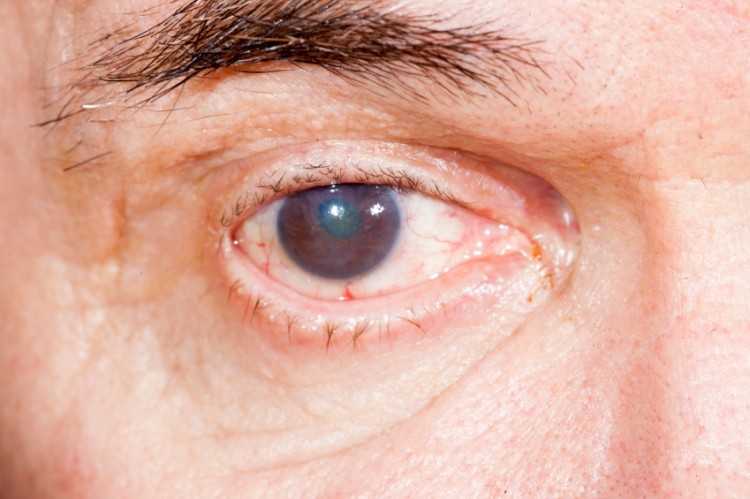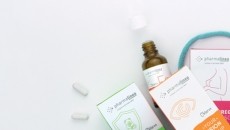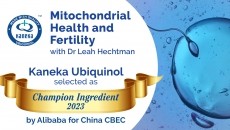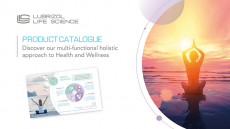Zinc plus antioxidant: A cost-effective solution to macular degeneration?

The cost savings and effectiveness of the supplement in advanced (category 4) cases of neovascular (wet-form) Age Related Macular Degeneration (nAMD) are such that their use should be considered in public health policy, recommend the multi-centre study team on behalf of the UK Electronic Medical Record (EMR) AMD Research Team.
Category 4 individuals who already had nAMD in one eye, showed a cost saving of nearly €3250 (£3000) per patient over the lifetime of treatment, compared to those not given supplements. The Age Related Eye Disease Study (AREDS) formula supplements also increased quality-adjusted life years (QALYs) by 0.16.
The cost savings derive from patients needing fewer anti-vascular endothelial growth factor (VEGF) injections, which are not only expensive but are linked to increased inflammation and possibly stroke risk.
“AREDS supplements are a dominant cost-effective intervention for category 4 AREDS patients, as they are both less expensive than standard care and more effective, and therefore should be considered for public funding,” wrote lead researcher Dr. Adnan Tufail.
The researchers estimated that lifetime cost savings in anti-VEGF injections for a one-year cohort of nAMD patients would be around €141 million (£131 million), compared with a cost of €7.5 million (£7.0 million) for supplements.
Savings would also be made in patients with Category 3 (intermediate) AMD in both eyes. However, the case for public funding was not as compelling and therefore “would depend on the healthcare system willingness to pay,” the researchers added.
Study Details
Data was used from the AREDS study and also real-world outcomes using a prospective multicentre nAMD database (National Health Service EMR) involving ranibizumab (anti-VEGF) injections.
The study examined the use of AREDS formulation 1 and formulation 2 supplements.
AREDS 1 contained 80milligrams (mg) zinc, 2 mg copper, 500 mg vitamin C, 15 mg beta-carotene, 400 IU vitamin E.
AREDS 2 reduced the amount of zinc to 25 mg, excluded beta-carotene (due to potential higher cancer risk in smokers), and added 10 mg lutein, 2 mg zeaxanthin, 1000 mg omega-3 fatty acids (650 mg docosahexaenoic acid and 350 mg eicosapentaenoic acid).
The researchers used the Markov Model statistical method to predict outcomes between supplemented and non-supplemented individuals. The model incorporated five different states of visual acuity and modelled the progression of AMD while assessing the probability of needing anti-VEGF injections. The costs of these injections and visits to an eye specialist were incorporated into the economic model.
Conclusion
These findings are consistent with previous research demonstrating the effectiveness of AREDS supplements in category 3 and 4 AMD patients. Consequently, the researchers advocate the use of supplements to reduce the necessity for ranibizumab injections, which is the standard NHS treatment for AMD.
“Given the burden and cost of treatment, prevention of nAMD seems, therefore, an attractive strategy to avoid the chronic and costly anti-VEG therapies and preserve visual function,” they conclude.
Source: British Journal of Ophthalmology
Published online, doi: 10.1136/bjophthalmol-2017-310939
“Cost-effectiveness of age-related macular degeneration study supplements in the UK: combined trial and real-world outcomes data”
Authors: Aaron Y. Lee, Adnan Tufail et al.















